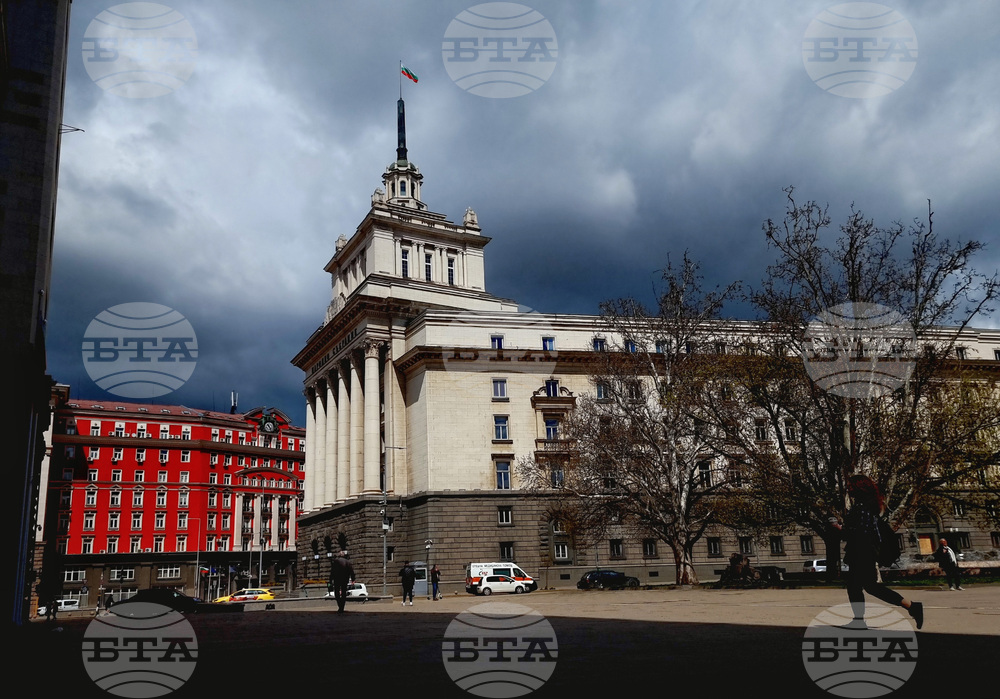site.btaElectoral Support Decline Observed among Most Political Formations in National Parliament Elections - Gallup International Balkan


The decline in electoral support for most formations is clearly pronounced in the snap Bulgarian parliamentary elections, commented Gallup International Balkan in a first analysis of the electoral profiles based on data from a study commissioned by the Bulgarian National Radio, Bulgarian National TV, Nova Broadcasting Group and Investor.bg.
According to the analysts, the decline is also visible in the first political force GERB, but it is most visible in Continue the Change-Democratic Bulgaria (CC-DB).
The statements made by exit poll respondents show that likely some 200,000 people who voted for CC-DB in the last elections did not vote at all on Sunday. A third of those who voted supported various other formations different than the CC-DB, the survey said.
For GERB, the proportion of dispersion is only 16%, but the total number of people who came out to vote for GERB last time is about half a million, i.e. more than 100,000 GERB supporters in the last election have now stayed home, the analysts said.
Gallup International Balkan stresses that the parties maintain their usual electoral faces - with more elderly voters for the Bulgarian Socialist Party, more urban voters for CC-DB, more provincial voters for GERB, etc. If there is any change in the ratio between Turk, Bulgarian and Roma voters for the Movement for Rights and Freedoms, it would be negligible.
The initial analysis of the new formation Velichie (Grandeur) shows that it forms its base mainly on voters from regional towns.
Mostly young people chose the "I do not support anyone" option on the ballot.
The share of university graduates in the elections approached two-thirds. There is a significant share of working-age voters. A quarter of the votes for Velichie apparently came from those who had previously voted for Vazrazhdane, and the rest came from other formations that were protest-oriented or new (such as CC-DB, for example), as well as from those who voted with "I do not support anyone" or did not vote [in previous elections], Gallup added.
According to the results based on 85,47 % of processed tally sheets for the national parliament elections, GERB-UDF leads with 24,41 %, the MRF come in second with 15,80 %, CC-DB are third with 15,11 %, followed by Vazrazhdane with 14.08%, followed by "BSP for Bulgaria" with 6.96%, while There Is Such a People comes in sixth with 6.12%, followed by Velichie with 4.82%.
/DT/
news.modal.header
news.modal.text